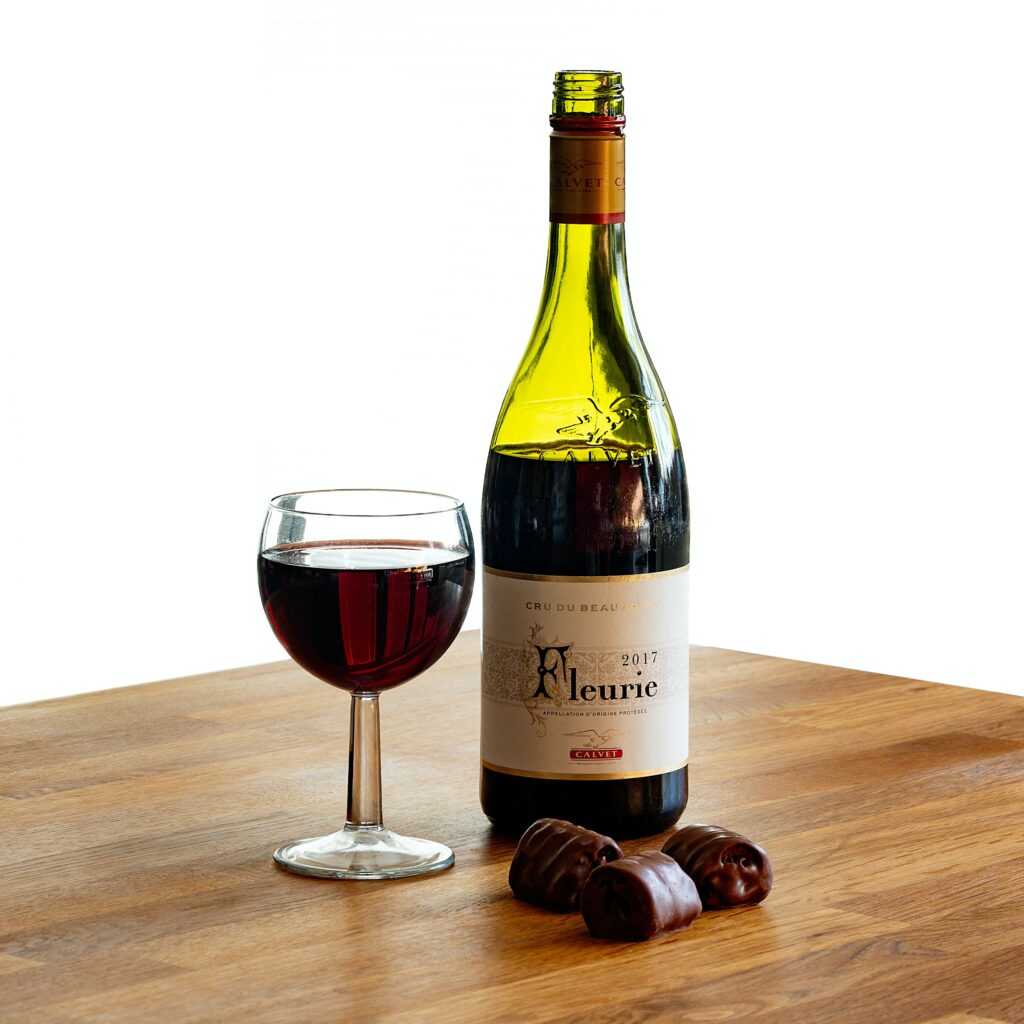The new normal: fear
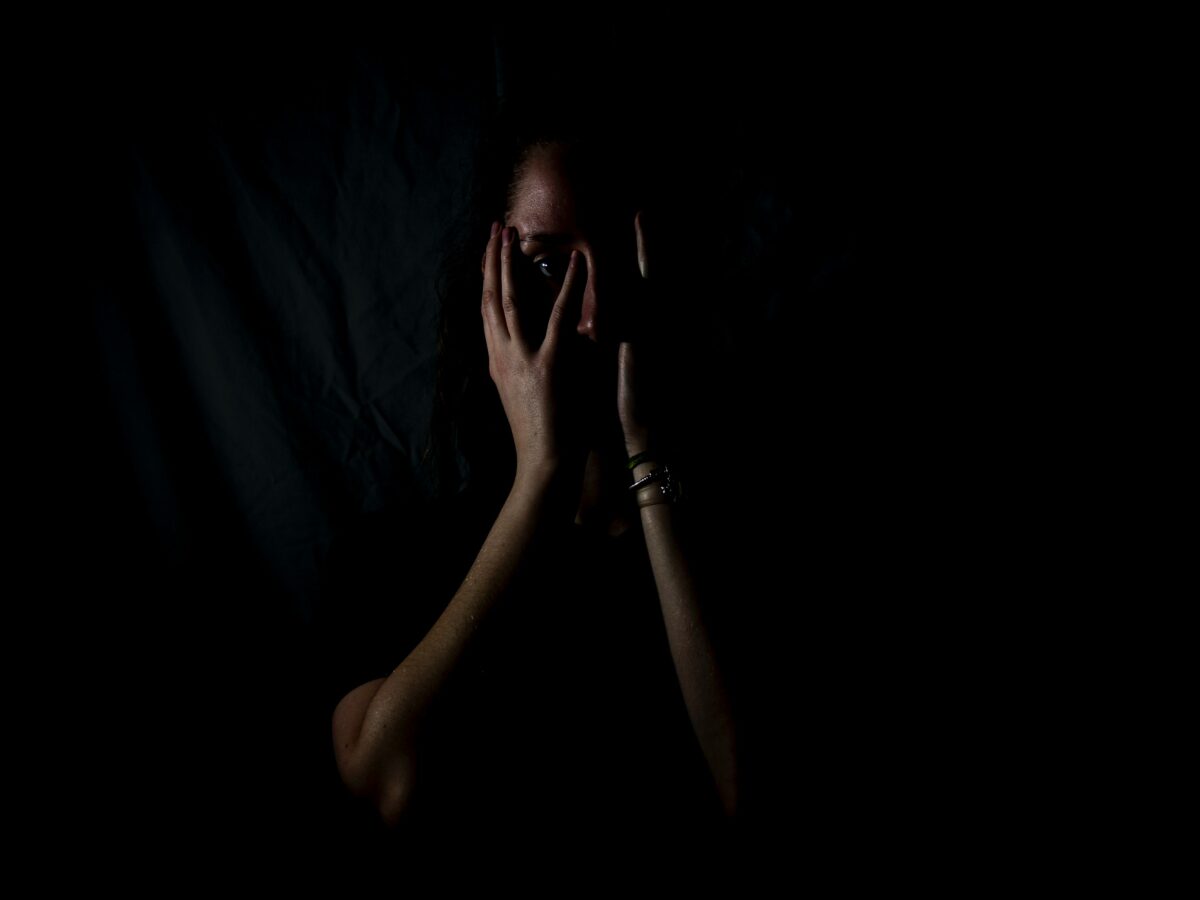
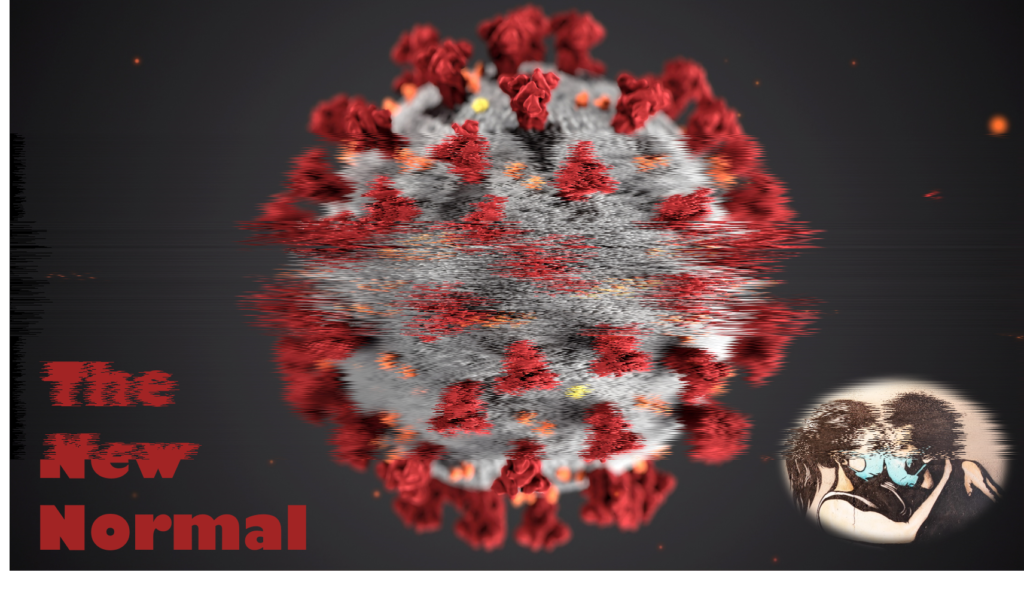
It was the beginning of March. The corona virus was wreaking havoc abroad, but here it seemed to be something only over-zealous HR policymakers were worrying about. Then, on the twelfth, we received the shock announcement that we would have to work from home until the end of the month. Three days later, the schools were closed for three weeks. Everyone I knew was counting down the days until we could get back to normal. Three weeks seemed like a long time.
On the seventh of April, a bombshell hit. During his press conference, the Dutch prime minister used two new phrases, ‘the new normal’ and ‘the 1.5m society’. My jaw dropped as my heart froze – surely it was impossible that this situation could become permanent? I could not believe in ‘the new normal’. Six months on, I’ve been forced to accept that many things I would have found bizarre back then, now indeed seem to have become normal. This series of blog posts will look at various aspects of the ‘new normal’ as I experience it in the Netherlands. This post: fear
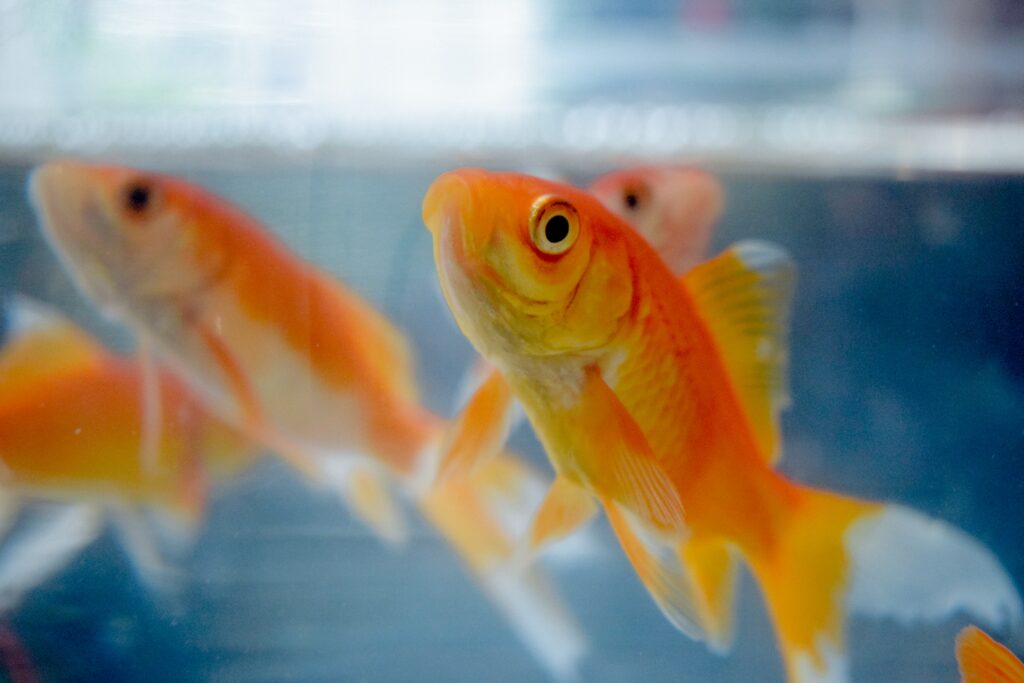
In 2000, the artist Marco Evaristti exhibited an artwork consisting of live goldfish in blenders. Visitors were free to press the button to switch the blenders on, if they chose. Of course, the inevitable happened, and someone pressed the button, killing the fish. The museum director was convicted of animal cruelty, but his conviction was later overturned, as the fish had probably died almost instantly, and not suffered. Most likely, they lived quite happily in their blender up until that fatal moment, totally unaware of any danger. I used to be like those fish – that is, until corona turned up.
In one fell swoop, I was painfully aware of my total vulnerability. A virus that started over 8000km away, combined with the actions of people I had never met, and the decisions of a government I didn’t vote for, had combined to radically affect my life. Now, like many others, I live in constant anxiety. Some live in fear of the virus itself – of catching it themselves, unknowingly infecting others, or losing a loved one. Others are afraid of the financial consequences of the anti-corona measures, of losing their job, business or home. Navigating the tensions between different attitudes to the rules is another source of apprehension, of either being vilified for breaking them, or castigated for neglecting loved ones by sticking to them. Finally, the separation from family and friends is worsened by the dread that it could be for a long time.
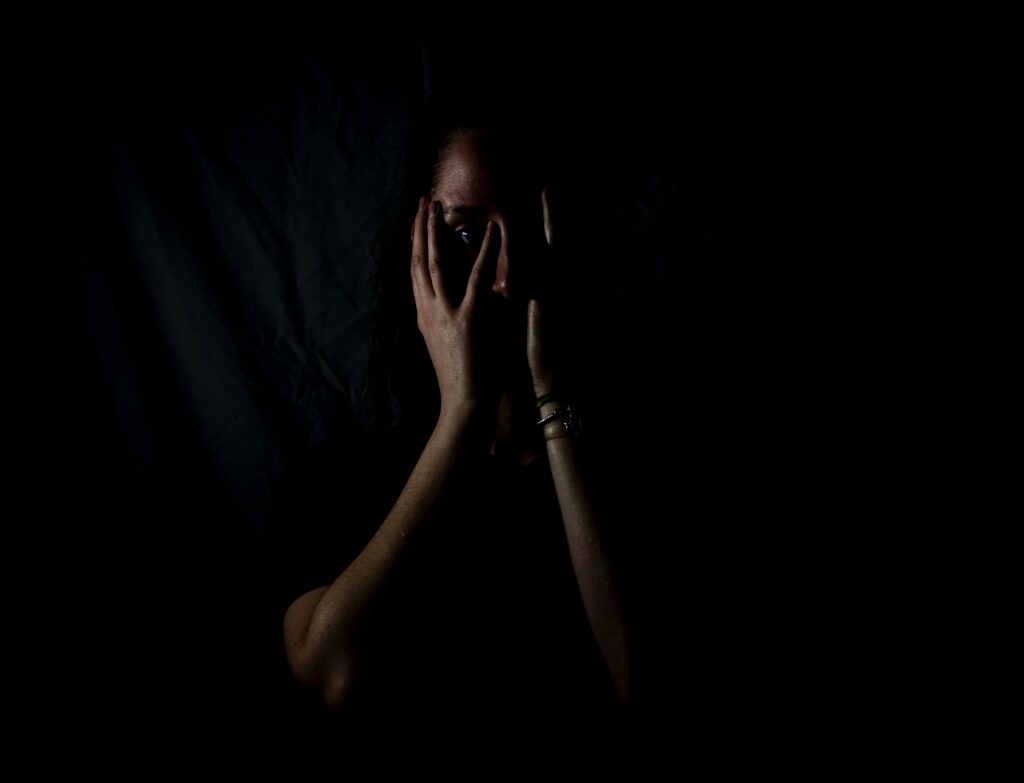
These are only some of the fears that corona has brought to us. What scares me most, however, is not a specific fear on the list, but something else, far more disturbing, that underlies all the fears I just named – that sense of helpless vulnerability.
Life before corona had its share of threats. But back then, I could take steps to try and prevent them. I couldn’t control whether my children got a serious illness or not, but I could reduce the risk by ensuring they led a healthy lifestyle. I couldn’t determine whether my contract was renewed, but I could ensure I had sufficient savings to get me through a period of unemployment.
Prevention is, however, only possible for threats that you foresee. Seven months ago, a pandemic didn’t even feature on my (fairly considerable) list of things to worry about. As the song from Baz Luhrman prophetically said:
‘The real troubles in your life are apt to be things that never crossed your worried mind, the kind that blindside you at 4 p.m. on some idle Tuesday’
‘Everybody’s free (to wear sunscreen)’ – Baz Luhrmann
Now, I am afraid of the unknown, of what is lurking in the shadows, unseen, that will jump out at me next. That I can’t take steps to avoid, or make contingency plans for, as I don’t have a clue it’s going to happen. It’s a fact well-known to filmmakers – the monster you can see is far less terrifying than the monster you can’t.
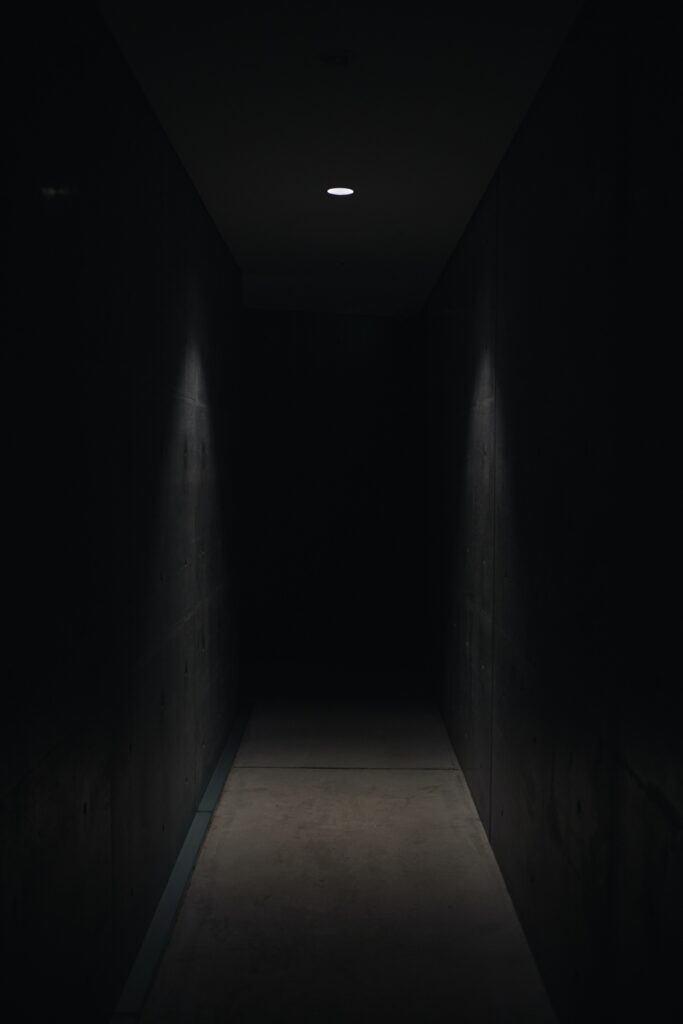
The current corona crisis is the ultimate monster-jumping-out-at-you-from-behind-a-corner. But the unexpected also happened before corona, and we managed to improvise and handle it. What makes corona truly terrifying is that our ability to respond to the events shaking up our lives has largely been taken away and placed in the hands of others. We have been stripped of our autonomy, which is, according to self-determination theory, one of the three basic psychological needs for well-being. We are reduced to the status of the goldfish in that blender, hoping that those with access to the buttons make the right decisions for our wellbeing – which is difficult, given that they are largely politicians, a group whose motives and talents many of us are used to regarding with distrust, if not downright contempt.
Corona – or the government response to corona – is by itself already plenty to worry about. But it’s not enough for my mind, which, now that it is on full alert, is hunting for previously ignored signs of danger everywhere. Growing up in the 80s, I have long lived with the threat of nuclear war. Later in life came the peril of climate change, and recently, the menace of the growing group of egotistical world leaders who value their own whims above even the semblance of care for the lives and wellbeing of others. But I could keep these fears at bay because it seemed impossible that serious calamities could actually happen. Just like a pandemic couldn’t happen – but then it really did.
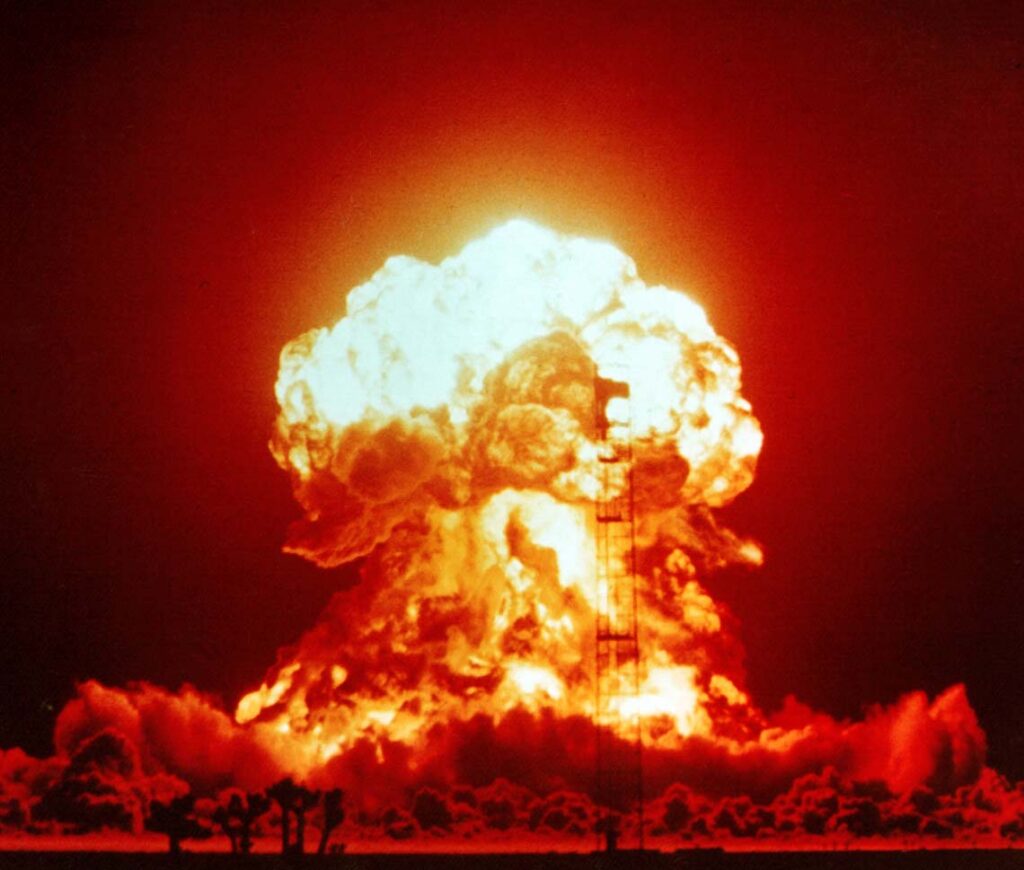
The blender we are living in is largely of our own making. Nuclear war, climate change, geopolitical crises – none of these are natural disasters. Even the effect of a natural virus has been greatly magnified by the society we have built for ourselves – the exploitation of people working in the meat sector, poor housing, a health sector tuned to deliver just enough just in time in order to save money. The good news is that this means that, having constructed the blender, we can take it apart again. This seems unattainable, the problems insurmountable. Yet in the past we have achieved the seemingly impossible, time and time again, universal suffrage, the eradication of small-pox, the fall of the Berlin wall, the recovery of the ozone hole. At the goldfish exhibit, the blenders were unplugged, eliminating the danger entirely. That is beyond our reach, but surely we can at least reduce the number of buttons, make them harder to press, or choose better people to be in charge of them. I try to trust that there are people out there who have the required ingenuity and goodness of heart to make our world a safer place. It only takes one idiot to press a button, but conversely, just one sane person can save the world.
This goes some way to easing my fear. But what else can I do to make the situation more bearable, as I swim around in my blender? During lockdown, we tackled the stress and anxiety by laying in a good store of treats for ourselves. Takeaway meals from restaurants, an extra glass of wine, biscuits with our morning cup of tea. Unfortunately, that’s not a sustainable approach. It would be seriously ironic to have the good luck to evade corona, war and climate change, only to drop dead of a heart attack self-inflicted by chocolate and alcohol.
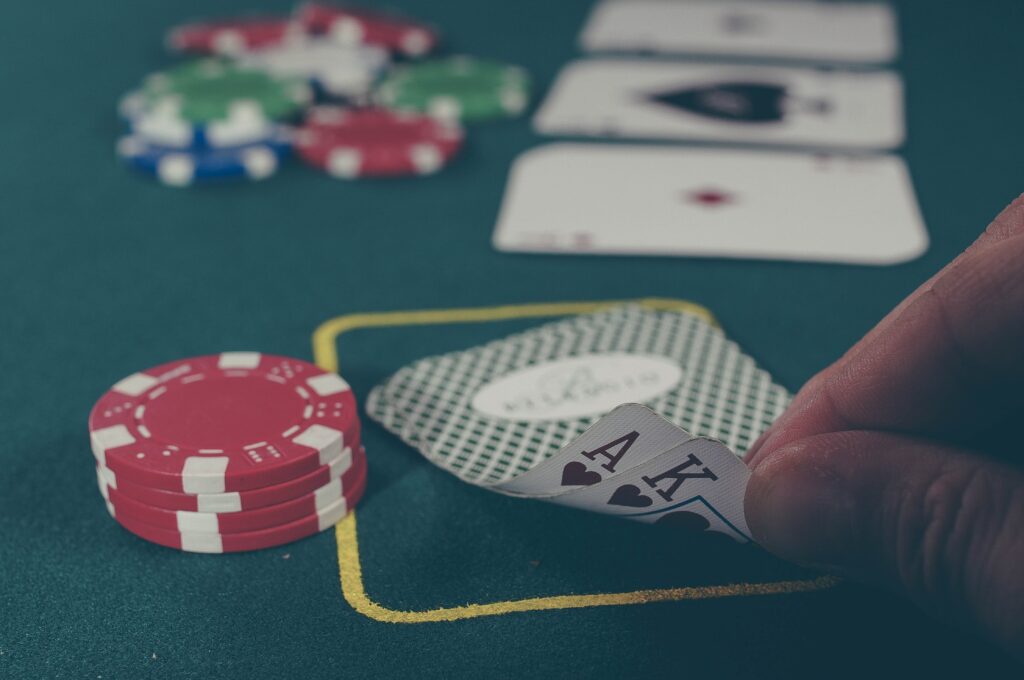
I try to face my fears rationally. An oft-repeated story is that of someone who has the amazing good luck to win a large sum of money, in a lottery or at a casino, but then is so convinced that they are on a winning streak, that they gamble it all away again. To me, grounded in statistics and probability, that has always seemed incredibly stupid – why on earth would you think that one lucky win means you now stand more chance of winning again? Throwing a six does not make it more likely that you will throw a six the next time. Yet, right now, I feel that because we have had the immense bad luck to be faced with a pandemic, that somehow all other serious calamities have become more likely. This is just another version of the same fallacy – and I need to keep telling myself that.
There is a positive side to not knowing what is coming. Before corona, I worried about dozens of problems that never happened, and spent a lot of my time trying to predict and avoid them. Wasted effort, as it turns out. As one writer succinctly put it, “What will be, will be, and chances are I won’t see it coming – so maybe I can spend a little bit less time looking, and a little bit more time enjoying the good things that do make it through.”. It may not be in my power to protect my job, my house, my family, but it is in my power to immerse myself in the joy of having them now.
As children, we seek refuge from our fears in the embrace of those we love. As adults, we tend more towards the socially acceptable option of putting on a brave face and a cheerful front. Certainly that is what has been encouraged during the corona crisis. While it’s certainly good to cheer each other up, true support also gives space for honestly discussing our fears and finding comfort together, whether at a distance or, if we are lucky, in each others arms.
This, then, is my home-made prescription against fear. A dose of faith in humanity, a dash of common sense, a sprinkling of simple human comfort. Like most medicines, it’s not a miracle cure. My fear hasn’t disappeared, nor is it going to. But this formula helps me to keep it at bay, holding my head above water instead of choking and going down into the blackness.
And, as we all know, a spoonful of sugar helps the medicine go down. So a glass of wine or a few chocolates, every now and then, is just what the doctor ordered.
